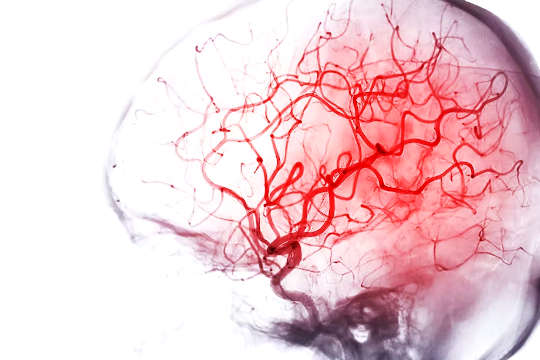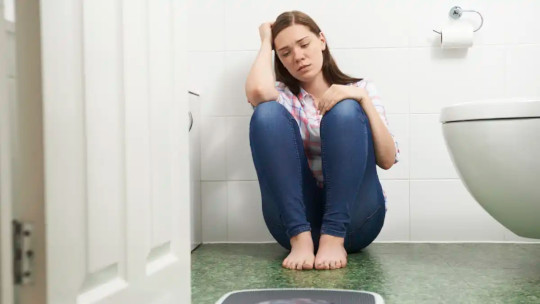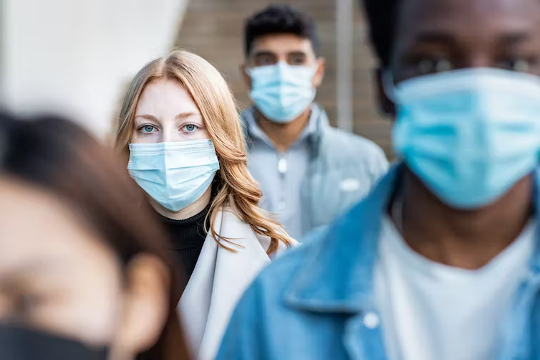- James Phillips
- Read Time: 6 mins

What causes motion sickness? Here’s how to reconcile the mismatch in what your senses are telling your brain.

What causes motion sickness? Here’s how to reconcile the mismatch in what your senses are telling your brain.

For every feeling we experience, there is a lot of complex biology going on underneath our skin.

Neuroscientists have long assumed that neurons are greedy, hungry units that demand more energy when they become more active, and the circulatory system complies by providing as much blood as they require to fuel their activity.

Eating disorders can affect anyone, regardless of age, gender, race, or socioeconomic status.

Sleep may be the single biggest factor in maintaining a healthy brain and positive mental health. This is especially true if you are under the age of 20.

New research establishes a link between irritable bowel syndrome and mental health challenges, such as anxiety, depression, and suicidal ideation.

After a COVID infection, whether it’s a first, second, or even a third, many of us wonder how long we might be protected against a reinfection, and whether we’ll be susceptible to new variants.

The latest data from the Office for National Statistics suggests that more than 1.2 million people in the UK report living with long COVID for 12 months or more.

Stunning as it may sound, nearly half of Americans ages 20 years and up – or more than 122 million people – have high blood pressure

Taking control of your health starts with being aware of the factors that influence your personal well-being. But a healthy lifestyle is more than just awareness...

There are many things we can do to support our immune system and even improve its function.

The goal of this new project is to deliver 10,000 personalised therapies to UK patients by 2030. With trials potentially starting as soon as this autumn.

Even mild COVID-19 cases can have major and long-lasting effects on people’s health. That is one of the key findings from our recent multicountry study on long COVID-19 – or long COVID

It seems cortisol is both the chicken and the egg, with high cortisol increasing the risk of attracting COVID, and low cortisol involved in long COVID symptoms.

The cold and flu season of 2022 has begun with a vengeance. Viruses that have been unusually scarce over the past three years are reappearing at remarkably high levels, sparking a “tripledemic” of COVID-19, the flu and respiratory syncytial virus, or RSV.

Although it’s well known that COVID affects the respiratory system, it’s perhaps less well known that the virus can also affect cognitive function.

Every time you flush a toilet, it releases plumes of tiny water droplets into the air around you. These droplets, called aerosol plumes, can spread pathogens from human waste and expose people in public restrooms to contagious diseases.

People who vape may be more likely to have a higher risk of cavities, according to a new study.

Authorities recommend control measures, but they are “voluntary”. They include wearing a mask, vaccination, testing if you have symptoms and staying home if you test positive, and ventilation. Ventilation is often the last measure listed – as if it’s an afterthought.

Almost three years into the pandemic, myths and misinformation remain widespread. Here we, a virologist and a public health researcher, debunk some common misconceptions about COVID.
Page 1 of 29

